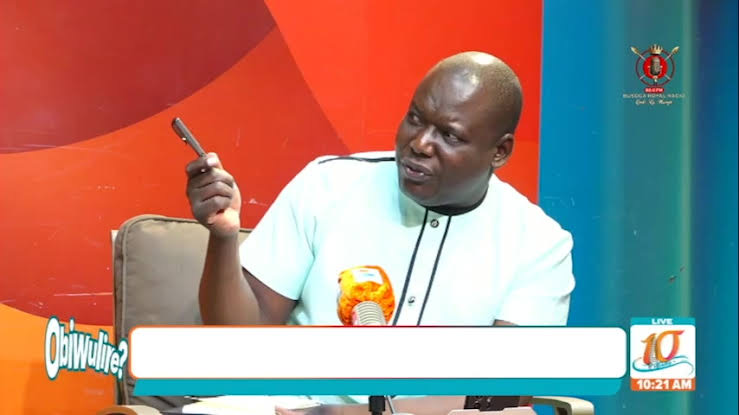
By Luzinda Peter
Kampala, Uganda — Events promoter Andrew Mukasa, known publicly as Bajjo, has reignited controversy by labeling both President Yoweri Museveni and opposition leader Robert Kyagulanyi (Bobi Wine) as “two dictators” during a media appearance. His remarks have sparked debate and drawn reactions across Uganda’s political landscape.
In the interview, Bajjo claimed that Museveni refuses to relinquish power while Bobi Wine has begun exhibiting autocratic behavior himself. “We are stuck between two dictators. Museveni won’t leave power, and Bobi Wine has already started behaving like him,” he said. He further accused both men of suppressing dissent and acting in their own interests rather than for national progress.
Bajjo’s rhetoric builds on a fraught political climate. Over the years, Bobi Wine has publicly criticized Museveni’s decades-long tenure, referring to him as a dictator in several speeches and interviews. Museveni, meanwhile, has responded with sharp counterattacks, calling Wine an “enemy of progress” and accusing him of discouraging foreign investment in Uganda.
This is not the first time Bajjo has made headlines with strong political commentary. In the past, he publicly apologized to Bobi Wine for derogatory statements and disclosed that he had intended to instigate political change, even speaking of plans to overthrow the current regime. Bajjo also denied taking financial support from Museveni in his earlier criticisms, calling his previous attacks on Wine misguided and misaligned with his own beliefs.
Observers note that Bajjo’s comments reflect a broader frustration among some Ugandans about polarizing leadership and deficiencies in governance. His framing—equating both political figures to dictators—underscores the disillusionment that spans partisan lines.
Political analysts say that Bajjo’s remarks could complicate public perception, especially among youth disenfranchised by persistent governance challenges. Some warn that equating an opposition leader with the sitting president might blur the distinctions many voters make between accountability and suppression.
Neither Museveni’s office nor Bobi Wine’s campaign immediately responded to Bajjo’s criticisms. In past instances, both have declined to engage on provocative remarks, preferring official communications and policy debates.
As Bajjo’s statement gains traction, Uganda remains locked in a tense narrative battle over the meaning of power, representation, and leadership. The conversation he’s sparked may influence how citizens evaluate their options ahead of the next elections.
Have an Advert or an Article you want us to publish? Email: tesovibez19@gmail.com or Whatsapp 0772326362